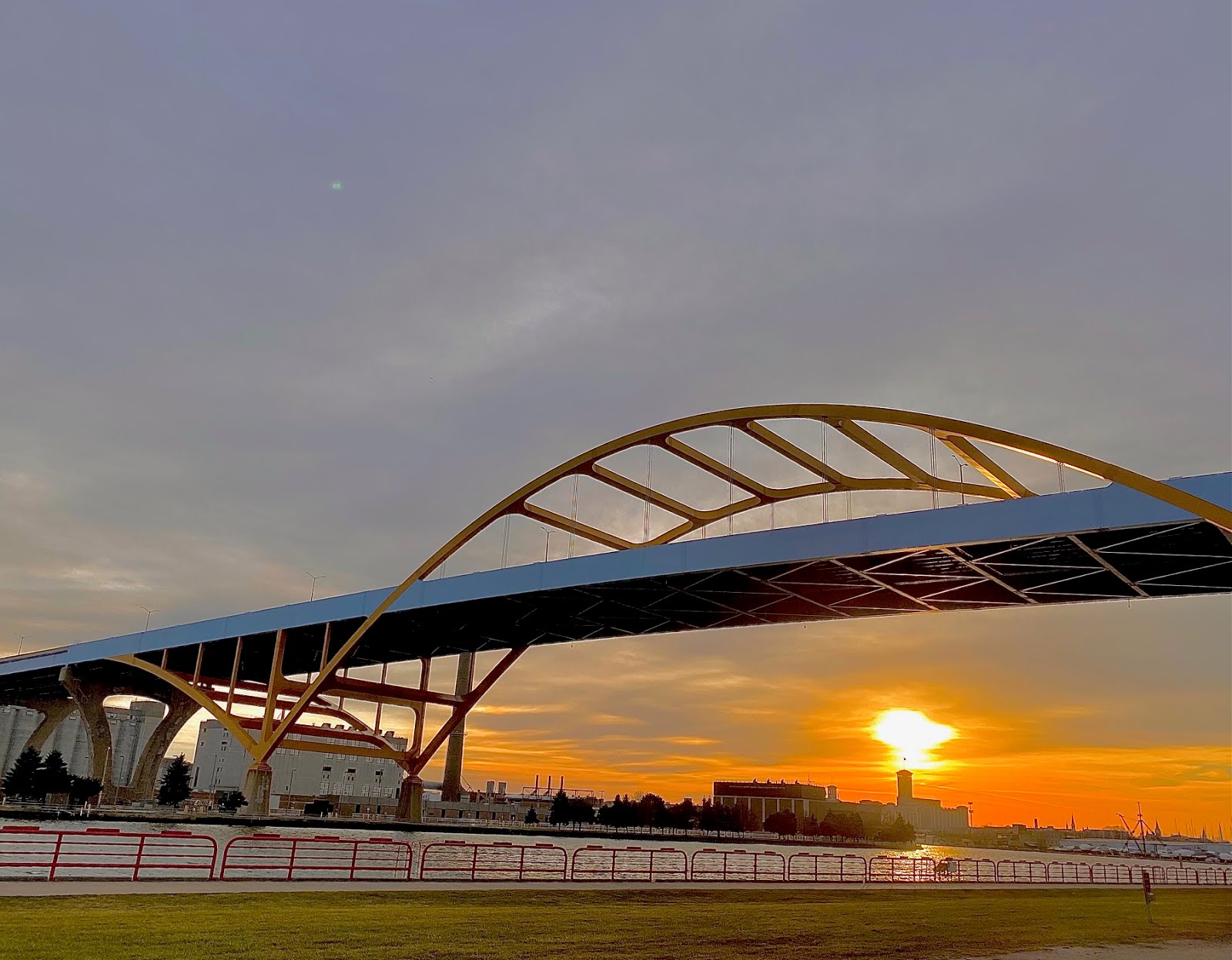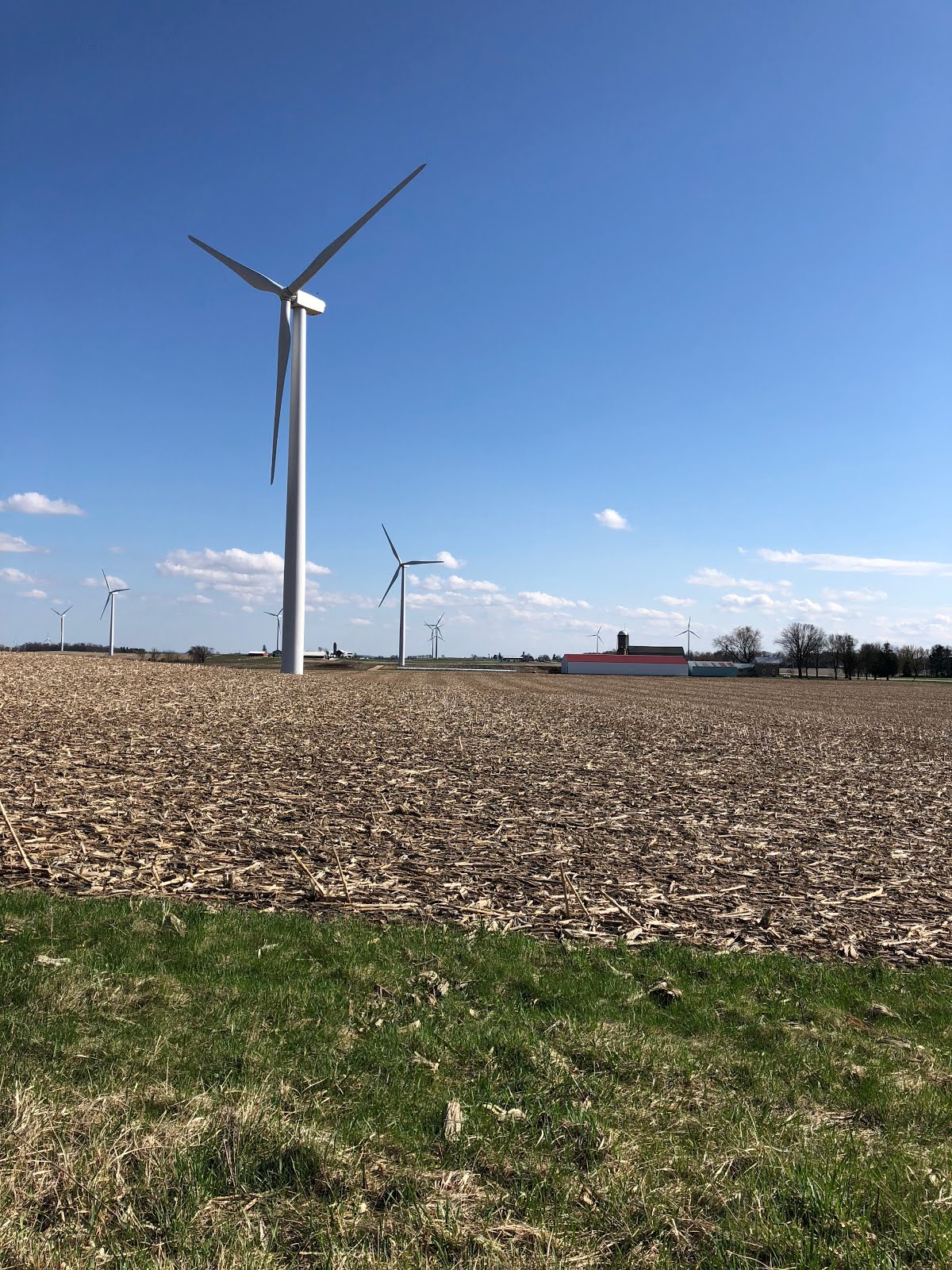Watering Down Water Legacies; "Once Gone, They Disappear Forever."
You'd have to have a lot of what Michele Bachmann entertainingly called "chootz-pah" to somehow link up Scott Walker & Co. with Wisconsin's signature "environmental protections," but that is what State Sen. Neak Kedzie, (R-Elkhorn), is willing to do.
This is doubly ironic - - pathetic, really - - because Kedzie has been a moderate on environmental issues, but these days he's fronting for a wetlands deregulation bill and a pro-industry mining bill which weaken existing environmental protections.
An opinion piece of sorts issued over his name Friday, "Wisconsin reforms are leading the way," shows how much water Kedzie is willing to carry for Team Walker.
The Kedzie commentary will be one among the blizzard of releases, columns or letters to the editor over legislators' names in the coming weeks and months designed to promote Walker's survival in the recall election, not public policy issues or genuine debate.
But it's downright painful to watch the Walkerites use Wisconsin's environmental record as a political springboard for a rightist, exclusionary agenda after their year-long attack on the state's environment, and on a legacy created by others, more serious people.
Look at Kedzie's language:
Historically, Wisconsin is known for leading the way on numerous ground-breaking ideas which have been adopted by many other states. From unemployment compensation laws to environmental protections, welfare to work programs and consumer safeguards, Wisconsin has led the way. Now, once again, Wisconsin can serve as a model for the rest of the nation, and lead the way to true government reform.How exactly has the group in power since January, 2011 been "leading the way" on any issue remotely related to or even hinting at "environmental protections," and what does their record instead actually portend? The true examples, free from disguise and propaganda:
* What does blocking a new, federally-paid Amtrak passenger train extension from Milwaukee-to-Madison and its connection to Mid-West High-Speed Rail tell us about Walker's commitment to the environment? That was a big win for the highway lobby, which is getting extra funding for projects, including the now-fast-tracked, $1.7 billion Zoo Interchange reconstruction?
* Or his halting $1.2 billion in state wind farm projects on behalf of some rural landowners? Again, it was big win for special interests, like home builders and Realtors, but not for cleaner air.
* Didn't it all begin with Walker's January, 2011 special bill awarding an out-of-procedure permit so a donor could fill a wetland for a development near Lambeau Field?
* Did Kedzie forget that Walker cut all state support for local recycling programs from his proposed 2011-'13 budget, and trimmed state funding for local flood-control projects? Is that the message on the environment Wisconsin should send nationwide?
* Does Kedzie think one news release makes us forget that Walker appointed three former employees or associates of the Wisconsin Builders Association to top DNR positions - - agency Secretary, Deputy Secretary and Division Manager of Air and Waste programs - - and these very people campaigned for years to weaken the DNR's regulatory role?
* Or that the Walker budget cut by 30% the funding for the decades-old, bi-partisan Knowles-Nelson Stewardship Fund, a public land-banking effort - - which former home-builder and now-DNR Secretary Cathy Stepp recently said was a "visa card" program that could sell off some of its (our) lands.
* Are we to believe that other states should model Walker and the Legislature's failure to follow sound environmental and fiscal advice from:
- - the US Army Corps of Engineers, on the Clean Water Act's statewide implementation;
- - the Bad River Band on treaty rights and water quality issues surrounding the proposed Penokee open-pit iron ore mine;
- - the DNR itself, which said the Assembly's mining bill, as drafted, will force state taxpayers to subsidize mining applicants to the tune of millions of dollars in lost fees;
- - additional experts who say that proposed mining legislation may also run afoul of water preservation requirements in the eight-state, two-nation Great Lakes water management Compact of 2008. Which has been incorporated into state and federal law.
Details about all of the above, here.
Disregarding science, snubbing the public, evading treaties and giving away its resources is not how Wisconsin gained its fading reputation as a national policy leader, role model and environmental champion.
Those virtues came from courageous people like Governors Gaylord Nelson and Warren Knowles, the hard work of grassroots organizations, and the honor paid in our water-rich state by generations who left these resources in trust to us today.
It's even in the Wisconsin Constitution, as the DNR on its website still reminds us, and all the bold-facing and italicization below is the agency's, verbatim:
The Public Trust Doctrine
Wisconsin's Waters Belong to Everyone
Wisconsin lakes and rivers are public resources, owned in common by all Wisconsin citizens under the state's Public Trust Doctrine. Based on the state constitution, this doctrine has been further defined by case law and statute. It declares that all navigable waters are "common highways and forever free", and held in trust by the Department of Natural Resources.
As a result, the public interest, once primarily interpreted to protect public rights to transportation on navigable waters, has been broadened to include protected public rights to water quality and quantity, recreational activities, and scenic beauty...
\
All Wisconsin citizens have the right to boat, fish, hunt, ice skate, and swim on navigable waters, as well as enjoy the natural scenic beauty of navigable waters, and enjoy the quality and quantity of water that supports those uses....
Wisconsin law recognizes that owners of lands bordering lakes and rivers - "riparian" owners - hold rights in the water next to their property... However, the Wisconsin State Supreme Court has ruled that when conflicts occur between the rights of riparian owners and public rights, the public's rights are primary and the riparian owner's secondary...
The court has ruled that DNR staff, when they review projects that could impact Wisconsin lakes and rivers, must consider the cumulative impacts of individual projects in their decisions.
"A little fill here and there may seem to be nothing to become excited about. But one fill, though comparatively inconsequential, may lead to another, and another, and before long a great body may be eaten away until it may no longer exist. Our navigable waters are a precious natural heritage, once gone, they disappear forever," wrote the Wisconsin State Supreme Court justices in their opinion resolving Hixon v. PSC..









3 comments:
Correct me if I am wrong, but I do not believe Walker made any official statement honoring the Wisconsin environment on earth day, 2011. That, to me sums up his utter disregard for the value of a healthy natural environment.
I felt the same way and noted it at the time: http://thepoliticalenvironment.blogspot.com/2011/04/earth-day-gets-official-snub-in-land-of.html
This is a great summary of the potential for immense harm Walker and his A.L.E.C./Koch backers intend to force upon the people and environmental health of Wisconsin.
Post a Comment